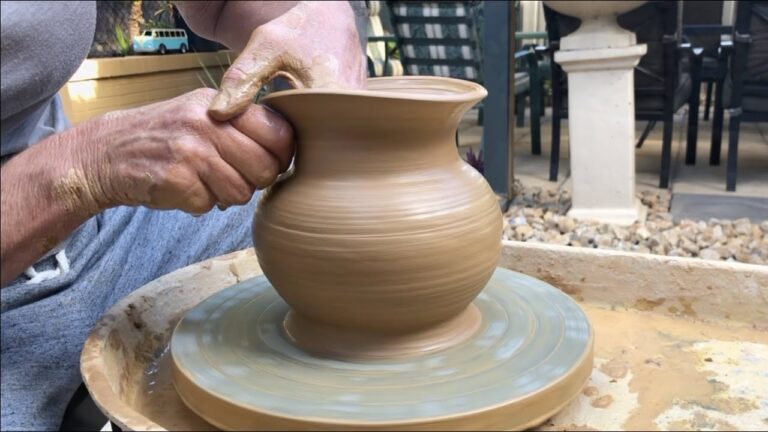In the world of pottery, ethical sourcing has become a top priority for many artisans and consumers alike. From ensuring fair wages for workers to using sustainable materials, the push for ethical practices in pottery production is more important than ever. In this article, we will delve into the importance of ethical sourcing in the pottery industry and how it is shaping the way we create and appreciate beautiful ceramics.
What is an example of ethical sourcing?
Ethical sourcing involves more than just paying fair prices. It also includes ensuring that workers are provided with the necessary safety equipment to protect them from injuries. This not only demonstrates a commitment to the well-being of the workers, but also drives operational efficiencies by reducing the risk of accidents and related costs.
By paying prices that enable suppliers to pay living wages, companies can uphold ethical sourcing standards while also driving operational efficiencies. When workers are fairly compensated, they are more likely to be motivated and productive, leading to potential productivity savings and other operational efficiencies. This demonstrates that ethical sourcing is not only the right thing to do, but it can also benefit a company’s bottom line in the long run.
Is pottery making eco-friendly?
Making pottery is indeed eco-friendly due to the use of sustainable raw materials. Not only are ceramics made from renewable resources like clay or sand, but these materials are also abundant, making them a better choice for the environment. This means that pottery products have a lower impact on the planet compared to other materials, making them a more sustainable option for eco-conscious consumers.
What does ethical sourcing of raw materials entail?
Ethical sourcing of raw materials refers to the practice of ensuring that the materials used in a product are obtained in a responsible and sustainable manner, while also considering the well-being of the workers and communities involved in the production process. This includes taking into account factors such as fair labor practices, environmental impact, and transparency in the supply chain. By prioritizing ethical sourcing, companies can demonstrate their commitment to social responsibility and contribute to creating a more sustainable and equitable global economy.
When companies engage in ethical sourcing of raw materials, they are not only meeting the demands of conscious consumers but also fostering positive relationships with suppliers and stakeholders. By upholding ethical standards throughout the supply chain, businesses can enhance their reputation, build trust with customers, and differentiate themselves in the marketplace. Ultimately, ethical sourcing is not just a trend, but a crucial aspect of responsible business practices that can lead to long-term success and positive impact on both people and the planet.
Promoting Fair Trade and Sustainability in Pottery Making
Support ethical practices and sustainability in pottery making by choosing Fair Trade certified products. By purchasing Fair Trade pottery, you can ensure that artisans are paid fairly for their work and that environmental standards are upheld throughout the production process. By promoting Fair Trade, we can create a more equitable and sustainable industry that values both the people and the planet.
Embrace the beauty of handmade pottery while also supporting sustainable practices. Choose pottery pieces that are made with eco-friendly materials and methods, contributing to a cleaner and healthier environment. By opting for Fair Trade and sustainable pottery, you can make a positive impact on the world while surrounding yourself with unique and meaningful pieces that tell a story of craftsmanship and ethical values.
Navigating the Ethical Landscape of Pottery Sourcing
In today’s global marketplace, the ethical sourcing of pottery materials is a critical issue that demands attention. As consumers become more aware of the environmental and social impact of their purchases, it is essential for pottery businesses to navigate the ethical landscape of sourcing with transparency and integrity. By prioritizing sustainable and fair trade practices, pottery companies can not only meet the growing demand for ethical products but also contribute to a more responsible and equitable industry. It is crucial for businesses to consider the origins of their materials and the working conditions of the artisans involved, ensuring that every piece of pottery tells a story of ethical sourcing and responsible production.
Incorporating ethical sourcing practices in pottery production not only ensures the integrity of the final product, but also supports the livelihood of artisans and promotes sustainable and responsible consumption. By prioritizing ethical sourcing, pottery enthusiasts can contribute to the preservation of cultural heritage and the protection of the environment. Embracing these principles in the pottery industry sets a positive example for other sectors and reinforces the value of ethical and conscious consumerism.



